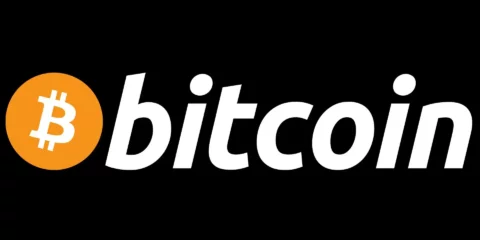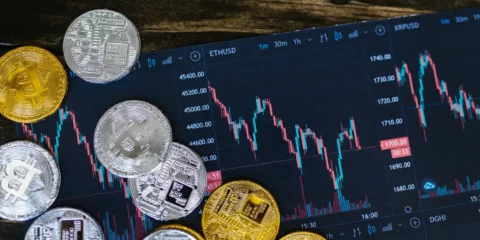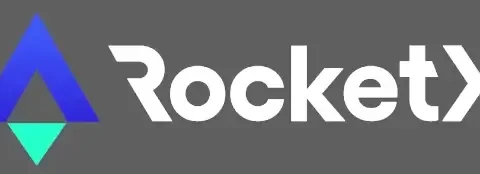
DeFi or “Decentralised Finance” is a fairly new term to describe a part of the financial services industry which focus on applications and service underpinned by decentralisation. It is important to draw a distinction between the concepts of decentralisation and distribution of information or control.
Why DeFi?
Financial Services is the number 1 industry in the world with an estimated market value of $22.5 trillion. Traditionally there were only a hand full of players in this space. As a result of advances in technology there are many more participants offering products and services. The flaw in this is that it is centrally controlled by Central Banks and Governments who control every stage of the supply chain.
Security and Regulation of Decentralised Finance
Governments around the world have brought in regulations to various degrees which deal with cryptocurrency. The scope and impact of regulations vary by jurisdiction, resulting in many scammers turning to crypto to commit fraud. Furthermore, there are many code mistakes or vulnerabilities which can cause irreversible financial loss at an enormous scale.

Scams
There are thousands of scams in all industries and cryptocurrency is no different. In 2021 fraudsters stole more than $10 billion through theft and fraud. Cryptocurrency is very well suited as medium of exchange for dark markets. Operators of pyramid schemes, mlm programs, HYIP and ponzi schemes all choose to use cryptocurrency as it is still very new, has patchy regulation across the globe and is easy to launder.
A further bonus to the niche awareness of cryptocurrency is that it is very easy to disguise a pyramid scheme as a DeFi project. Many investors lose money through bad coding or malicious actors. This leaves a massive gap for consumer protection agencies to cover, leaving scammers space to move in.
Yield Farming
Yield farmers are participants who stake or lend crypto assets in order to receive high rewards or returns in the form of extra cryptocurrency. Consequently, yield farming is the biggest attraction of the still-nascent DeFi sector. Contributing to its $10 billion market cap in 2020. Yield farming protocols pay liquidity providers to stake their crypto assets in a liquidity pool based on a smart contract.
The incentives can be a portion of transaction fees, interest from lenders or a governance token. In general we express the rate of return as an annual percentage yield (APY). When investors add more funds to the liquidity pool, the value of the issued returns decrease accordingly.
Liquidity mining occurs when a yield farming participant earns a token reward as additional compensation.
Bitcoin Yield Farming
There are no DeFi yield farming protocols for Bitcoin. However, wrapped Bitcoin effectively brings it into the Ethereum blockchain and as a result, to DeFi applications. By learning how to wrap bitcoin, holders of Bitcoin can earn a few percent of yield while lending it out on protocols such as Compound.
The Future of DeFi
Everyone will agree that at this stage the future of finance is in the ability to add value to smart contracts which will result in larger throughput of economic activity, especially digital products and services. IOT devices are soon to become more focussed on microtransactions and crowd based lending is beginning to find favour. There are already fledgling markets for NFTs and countless altcoins are in existence to one degree or another. These ingredients can result in an explosion of new markets, products and services, driving presently unknown economies.
HODL Bitcoin Sneakers
$60.00
Select options This product has multiple variants. The options may be chosen on the product pageHODL Bitcoin Color Changing Mug | Black / White
$20.00
Select options This product has multiple variants. The options may be chosen on the product pageHODL Bitcoin Hoodie | Heavy Blend™
$35.00
Select options This product has multiple variants. The options may be chosen on the product page










